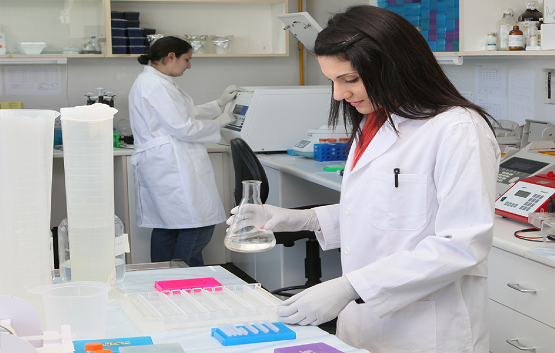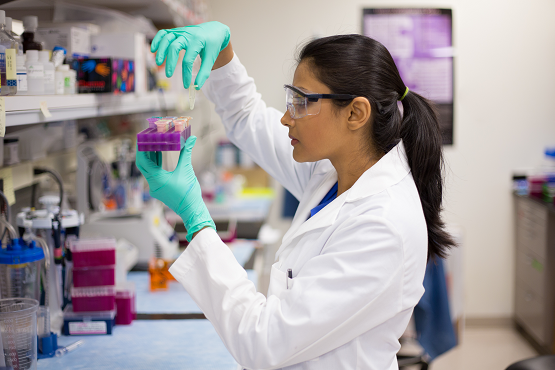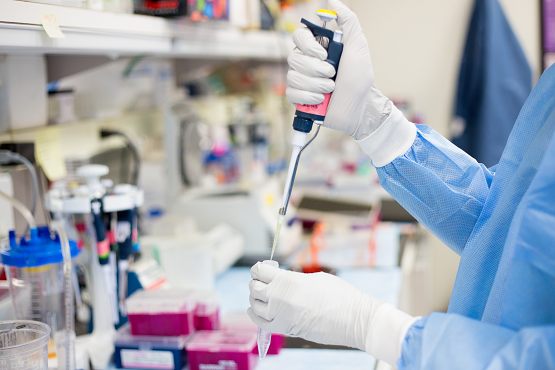PhD Postgraduate Programs



The Cyprus Institute of Neurology & Genetics offers accredited PhD Postgraduate Programs in full-time mode of study (4-6 years) and in part-time mode of study (6-8 years).
Full Time Study Structure:
Year 1: You will take five taught courses; four of which are core courses and one as an elective
Years 2-4: Entirely dedicated to the PhD research project, giving you the opportunity to refine your skills as a scientist and to grow in confidence as a researcher. You will work under the supervision of your Research Advisor, while also working independently.
Part Time Study Structure:
Years 1-3: All taught courses must be successfully completed within years 1-3 of the part-time program. This may be alongside research modules
Years 4-8: Entirely dedicated to the PhD research project, giving you the opportunity to refine your skills as a scientist and to grow in confidence as a researcher. You will work under the supervision of your Research Advisor, while also working independently.
A minimum of 50 ECTS from the taught courses during year 1 (including tutorial sessions for each course on a weekly basis) and 190 ECTS from the research modules must be completed while enrolled on the doctoral program.
For information on the Accreditation of the Programs:
Click here for Molecular Medicine and Medical Genetics Accreditation
Click here for Neuroscience and Biomedical Research Accreditation
PhD in Medical Genetics (accredited)
PhD in Molecular Medicine (accredited)
PhD in Neuroscience (accredited)
Can I proceed to a PhD degree directly after undergraduate studies, without first having undertaken a Masters degree?
It is sometimes possible to do this, although for your own benefit, we highly advise that you first undertake a Masters degree, before progressing to a PhD. The difference in workload and time management skills between what you will be accustomed to on an undergraduate degree as compared to what we require of you on one of our PhD programs is vast. An MSc degree will act as a stepping stone for you to learn to manage the workload of a PhD degree, while giving you more advanced knowledge and confidence in the laboratory skills required.








0002.jpg)



